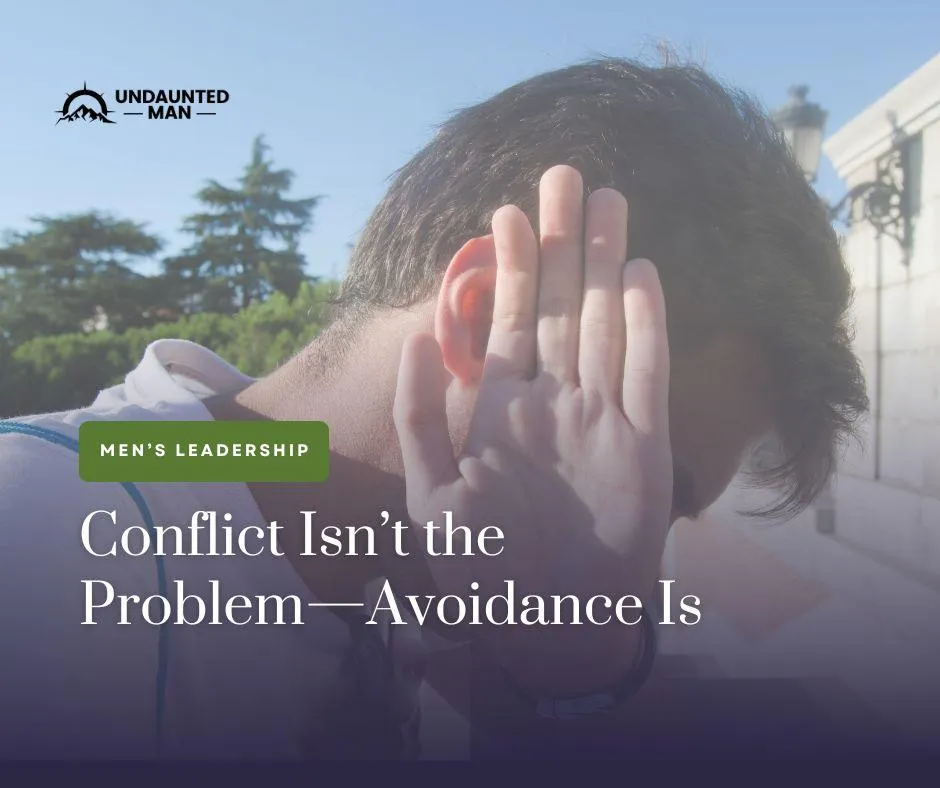From Lust to Lasting: The Truth About Relationship Readiness
Most relationships don’t fall apart because of a lack of love—they fall apart because the hard conversations never happened. In this post, we explore the difference between chemistry and compatibility, why love isn’t a strategy, and the essential questions every man should ask before going all-in. If you’ve ever felt blindsided when a relationship unraveled, this is the clarity you’ve been missing.





